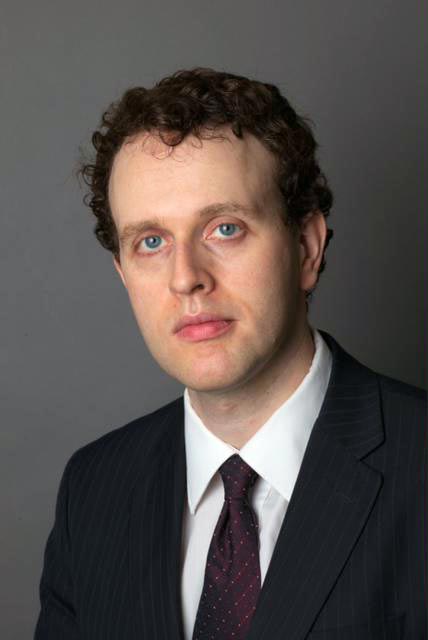
An Ontario Superior Court judge has ordered a mistrial over a Crown prosecutor’s “highly improper” opening address that alluded to animal-like behaviour and pre-emptively addressed the arguments the defendant would be making in testifying on his own behalf.
 “Although the Crown is entitled to act as a strong advocate within the adversarial process, it cannot adopt a purely adversarial role towards the defence,” wrote Superior Court Justice Robert Reid in setting out the issues in considering the defence’s mistrial application in the murder case of R. v. Suarez-Noa on Friday.
“Although the Crown is entitled to act as a strong advocate within the adversarial process, it cannot adopt a purely adversarial role towards the defence,” wrote Superior Court Justice Robert Reid in setting out the issues in considering the defence’s mistrial application in the murder case of R. v. Suarez-Noa on Friday.
In this case, Haiden Suarez-Noa had conceded he had stabbed his wife with a knife, according to Reid. But in open court and with the jury absent, defence counsel suggested he expected to raise a defence of provocation, Reid noted. Following the opening address and reading of an agreed statement of facts, however, the defence brought an application for a mistrial.
In the opening address, the Crown made references to personality traits the could disguise “deep uncontrolled rage” and went on to note that most people are able to push back against their instincts given “the norms of our society.” She then discussed an older movie, Impulse, in which people return to their “most feral instincts” due to a water supply issue in a small town.
“That ladies and gentlemen, is what this trial is about: the difference between reasonable human beings and animals,” prosecutor Kimberly Rogers told the jury.
“That characterization of the accused was both highly improper and was of such a nature that it could not be erased from the minds of the jurors even with a significant correcting instruction,” wrote Reid.
“The fairness of the trial process was irremediably compromised.”
Toronto criminal defence lawyer Elliott Willschick agrees.
“The Crown’s comments were beyond inflammatory and prejudiced the trial considerably. There is no way the jury could forget such inflammatory comments,” he says.
“Normally, the Crown makes their opening address to the jury so that they can outline the case and explain how the process works,” he adds, suggesting the situation in Suarez-Noa wasn’t necessarily an isolated incident.
“Inappropriate comments do arise and the courts accord leniency to those who make them,” says Willschick, distinguishing this case from another one in which the court found a reference to “Mr. Guilty” to be inadvertent.
“The comments in R v. Suarez-Noa were made on purpose in order to paint a very negative opinion of the accused,” says Willschick.
Reid’s other big concern was Rogers’ reference to the fact Suarez-Noa would raise the defence of provocation and her instruction to the jurors that they must consider whether the facts “accord with the accused’s version of events or belie it.”
“It may be that the accused will rely on the defence of provocation,” wrote Reid.
“It also may be that the accused will testify or call evidence in his defence. However, those are decisions for the accused to make in due course. It is highly inappropriate for Crown counsel to advise the jury of the defence position without a prior agreement, and particularly implying to the jury that the accused will testify.”
In the end, Reid found “the combination of rhetorical over-zealousness, personal opinion, argument, negation of the accused’s right to silence and implied reversal of the onus of proof combine to make a mistrial the only available option. The fairness of the trial was irreparably damaged beyond the possibility of redemption through a correcting instruction.”
Charn Gill, one of the defence counsel for Suarez-Noa, says the Crown’s actions left him “dumbfounded.”
“I’ve never seen a Crown go so far astray from what they’re supposed to do in an opening statement,” says Gill, who notes he quickly moved forward with the mistrial application after hearing the opening address.
Gill calls the situation a “colossal waste of resources” given the one month set aside for the trial. The goal now is to try to find time in November, he notes.
“I’m surprised the Crown attorney’s office is allowing the Crown to continue,” says Gill, suggesting that while inappropriate comments sometimes arise in opening statements, the accumulation of circumstances in Suarez-Noa was rare. “I think it was a rare thing that you’d make that many mistakes,” he says.